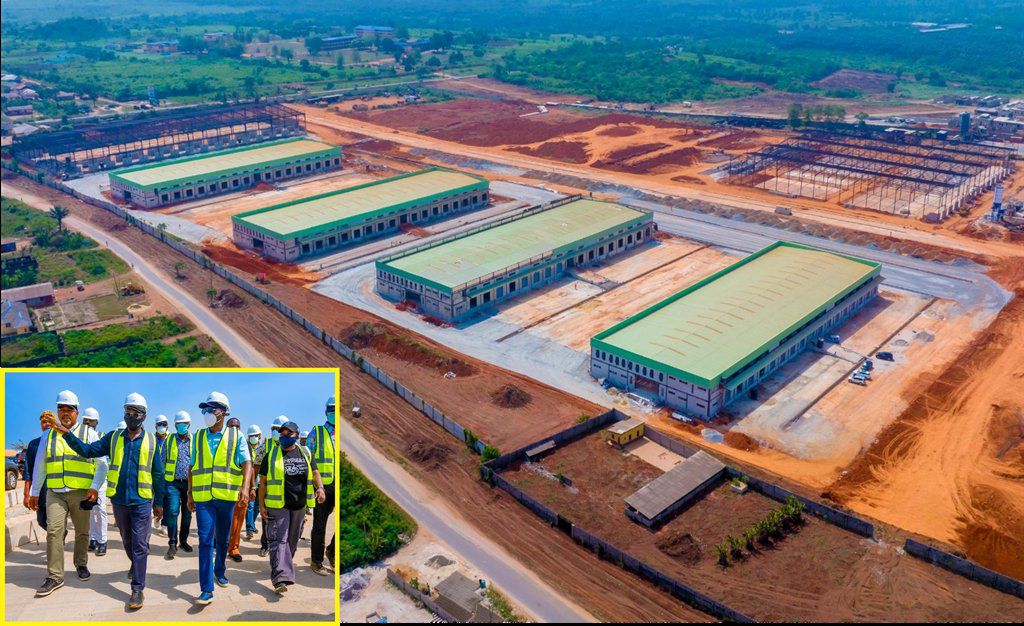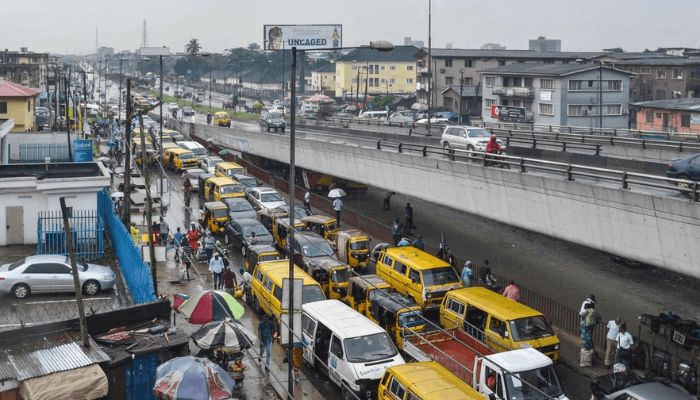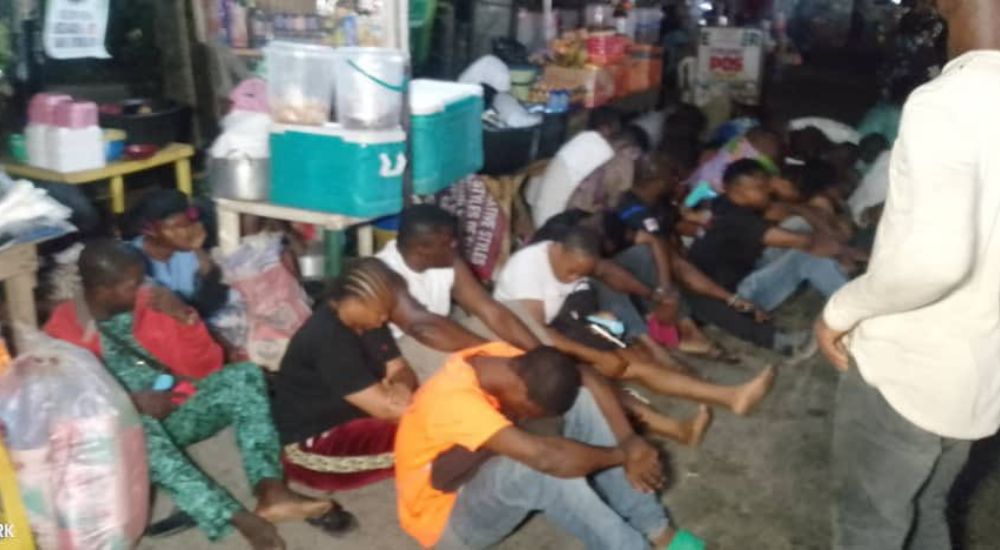Lagos State Governor, Babajide Sanwo-Olu, announced on Saturday that the Lagos Food Security Systems and Central Logistics Hub, located in Ketu-Ereyun, Epe, will be operational by next year.
The Governor made the announcement during a working visit to the logistics hub in the Keju-Ejirin area of Lagos, accompanied by members of the State Executive Council, government officials, and journalists.
According to Sanwo-Olu, the first phase of the 220-hectare facility is expected to be completed by the second quarter of 2025.
He highlighted that the Food Security Systems and Central Logistics Hub, once completed, will be the largest of its kind in Sub-Saharan Africa.
“Upon completion, food prices in Lagos will see a significant reduction,” the Governor assured, adding that the State Government remains committed to achieving food sustainability and security.
The facility will feature large cold and dry storage chains, contributing to the efficient storage and distribution of food.
The Governor further reassured residents that the ongoing construction of Middle-Level Markets in Ajah, Festac, and Oregun will be completed soon. These markets are expected to source their food supplies from the new Logistics Hub.
The Central Logistics Hub will include various facilities, such as a truck park and the largest abattoir in Africa, with capacity to house up to 14,000 cattle when completed.
Recall that in December 2023, Sanwo-Olu commissioned the Fresh Food Agro Market in Mushin as part of a new palliative scheme aimed at supporting low-income traders. In January 2024, the Governor launched the Fresh Food Hub, a mid-level agro-market in the Mushin area, furthering the state’s food security efforts.
Additionally, the state government rolled out the ‘Ounje Eko’ scheme across five divisions, offering various food items at a 25% discount to residents.
Senior Special Assistant on New Media to Governor Sanwo-Olu, Juubril Gawat, tweeted that the establishment of the hub is part of lessons learned from the COVID-19 pandemic, particularly regarding food security.
“Lagos wants to have the power to feed itself, both during emergencies and beyond,” Gawat said.


